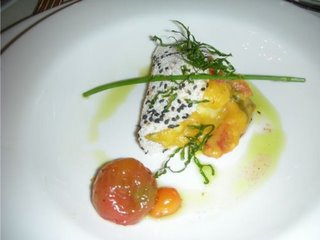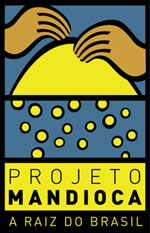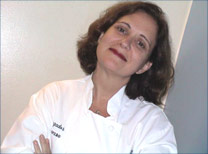Tapioca Project and Cooking Contest
Their project has been so enthusiastically received by the children and the schools that Teresa and Margarida now have a bigger dream: to expand “Projeto Mandioca” to other cities and states in Brazil, beginning with São Paulo. They plan to develop materials to train and equip teams of qualified volunteers to duplicate and replicate the projects on a wide scale. Already they’ve worked in 6 schools and reached at least a thousand children. These dream-makers deserve our support and encouragement. Read (in Portuguese) more about the foundation they have just established, the Instituto Maniva, to make it possible.
How does this relate to Africa? Teresa and Margarida are acting locally, but they are definitely thinking globally. They want to see the love of and respect for manioc (e.g., cassava) spread everywhere, moving beyond Brazil to Africa. After all, Nigeria is the world’s largest producer of manioc (cassava), and it was Nigerian poet Flora Nwapa who wrote the ode to cassava, Cassava Song and Rice Song. Let’s join them and dream together.

Another joy in Rio was to eat at O Navegador, Teresa’s world class restaurant (with its incredible organic salad bar ,".org") where I enjoyed a highly sophisticated version of a tapioca pancake with black sesame seeds and rock salt (and filled with bobo de camarão, a cassava puree with coconut milk, red palm oil, and shrimp, along with a little cilantro, onions, etc., and garnished with a sauce made of cherry tomato and pimenta biquinho). They also served the best pão de queijo I’ve tasted in Brazil. Now I have all these wonderful cassava recipes I hope to adapt and introduce to Ghana in January!
Labels: Brasil, cassava, manioc, Margarida Nogueira, Osseo-Asare, Rio, tapioca, Teresa Corcao



